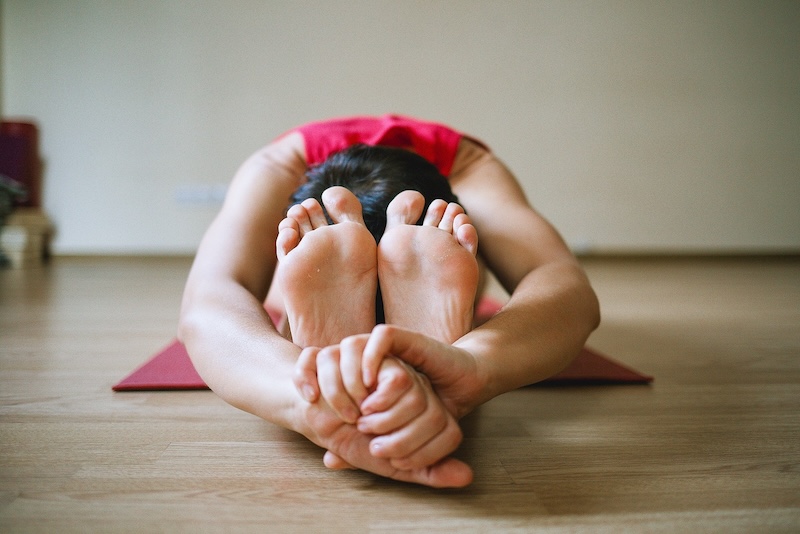After hours spent hiking in steep mountains, running along rugged trails, or mountain biking, your mind might well crave some balance. The thrill of adventure is invigorating, but recovery is just as important. Unwinding properly not only restores energy but also deepens the enjoyment of the day’s experiences.
Digital Escapes for Quiet Moments
Not every recovery ritual has to involve movement. Sometimes the simplest way to relax after a long trek or a cycle is to sit down, kick off your boots and switch on something digital. Many adventurers today mix traditional relaxation with online entertainment, whether it’s catching up on a favourite series, trying a new podcast, or even dipping into a casual game.
For those who enjoy gaming, many of the most trusted non gamstop casinos 2025 has to offer are one option people turn to during their downtime. These platforms provide access to a wide range of titles, flexible playing limits, quick payouts, and bonuses that keep things engaging without requiring a major time commitment. Much like a short scroll through photos from the day’s hike, they offer a quick diversion before the mind drifts back to the adventure just lived.

The Power of Good Food
There are few things more satisfying after exertion than a hearty meal. In Scotland, many hillwalkers look forward to a steaming bowl of Cullen skink or a plate of fresh venison after a day on the moors.
Food plays a psychological role as well as a physical one, signalling that the hard work is over. Just as athletes carefully refuel after training, adventurers can benefit from choosing meals that restore energy. A simple home-cooked dish or a cosy restaurant dinner can transform fatigue into contentment.
Restorative Movement
While relaxation often means stillness, gentle movement can be just as soothing. Stretching the legs with yoga or walking slowly along a riverside path helps ease the stiffness that follows intense activity. Think of it as the natural equivalent of cooling down after a gym session.
Just as marathon runners should not finish without a stretch, adventurers benefit from winding their bodies down gradually, keeping muscles supple for the next outing.

Reflection and Storytelling
Adventure creates memories, and sharing them is one of the best ways to prolong the joy. Sitting around a campfire, writing in a journal, or posting photos online can turn a single day’s effort into a story that lasts. Just as climbers swap tales of routes conquered, hikers might recount how they managed a steep ascent or found an unexpected view. Reflection turns activity into meaning, ensuring that the experience does not fade as quickly as sore legs recover.
Sleep: The Ultimate Reset
No recovery method rivals the power of a good night’s sleep. After hours of physical and mental challenge, the body restores itself most efficiently when resting deeply. A comfortable bed, a quiet room, and perhaps the sound of rain outside can be more rejuvenating than any spa treatment. As many adventurers will admit, the promise of sound sleep is often the hidden reward waiting at the end of every trail.
Conclusion
Unwinding after adventure is about more than catching your breath. It is about creating balance, allowing the body to recover while the mind savours what has been achieved. Whether through digital escapes, nourishing food, gentle movement, storytelling, or sleep, each person finds their own rhythm of restoration. The key is to treat unwinding not as an afterthought but as an essential part of the journey itself.


